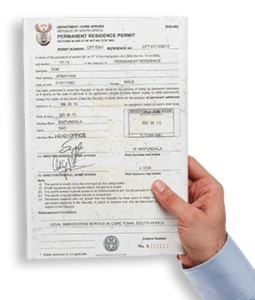Navigating the path to obtaining an EU Long-Term Residence Permit in Germany involves understanding how residence periods are counted, as outlined in Section 9b of the German Residence Act. This section is crucial for those aiming for permanent residency under EU regulations. Let’s break down its contents into simpler terms:
Counting Residence Periods: Section 9b(1) details which periods are considered towards the five-year residence requirement for the EU LongTerm Residence Permit:
1. Overseas Residence Periods: Times spent abroad while holding a German residence title count, especially if the stay was work-related and did not exceed six months, or in total, does not exceed 10 months within five years.
2. Previous Residence in Germany: Earlier periods spent in Germany with a temporary residence permit, permanent settlement permit, or EU long-term residence permit are counted, with a limit of four years, under certain conditions.
3. Freedom of Movement Entitlement: Periods where the foreigner had freedom of movement rights.
4. Study or Training Periods: Half the time spent in Germany for study or vocational training.
5. For International Protection Beneficiaries: The time between filing an application for international protection and being granted a residence title.
Exclusions and Interruptions: Certain periods, like residence for inherently temporary purposes, do not count. Additionally, residence outside Germany may interrupt the counting unless it’s within the allowed timeframe and doesn’t result in the expiry of the residence title.
EU Blue Card Holders: For those holding an EU Blue Card, Section 9b(2) states that periods holding an EU Blue Card in another EU member state count towards the requirement if they resided in that state for at least 18 months and in Germany for two years. However, time spent outside the EU does not count but won’t interrupt the period if it doesn’t exceed specified limits.
In essence, Section 9b of the German Residence Act provides detailed criteria for calculating residence periods towards obtaining an EU Long-Term Residence Permit. Understanding these rules is vital for foreigners planning a long-term future in Germany under EU residency regulations.




